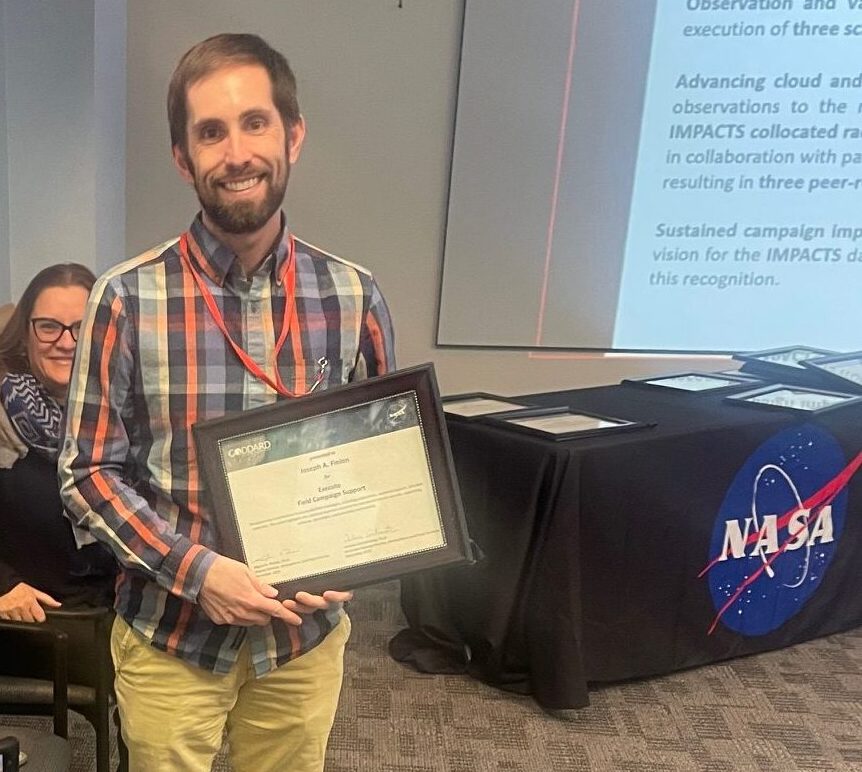ESSIC/AOSC Professor Raghu Murtugudde is a co-author on a new article in Scientific Reports titled “Soil–vegetation moisture capacitor maintains dry season vegetation productivity over India”.
India receives more than 70% of its annual rainfall in the summer monsoon from June to September. For the rest of the year, rainfall is scanty and scattered. In the study, the researchers combined satellite data and model simulations to show that the soil-vegetation continuum works as a natural capacitor of water. It stores the monsoon pulse and releases the moisture to the atmosphere through evapotranspiration over approximately 135 days when the moisture supply from precipitation is less than the evapotranspiration losses.
Given that India is the second largest contributor to recent global greening, its soil-vegetation water capacitance plays a significant role in the global carbon balance.
In addition to his work at ESSIC, Murtugudde is an Affiliate Professor for the Department of Geology currently serving as a Visiting Professor in Bombay, India. He works primarily in climate studies, exploring the co-evolution of life and climate and what it means for sustainability.
To access the article, click here: “Soil–vegetation moisture capacitor maintains dry season vegetation productivity over India”.





